
FAST FACTS Vol. 1, Issue 22 – Jaws Beach Blazer
Amity Island Police Chief Brody’s 1975 Chevy Blazer The topless Blazer was cool as heck on a hot Summer beach! While the blockbuster movie JAWS
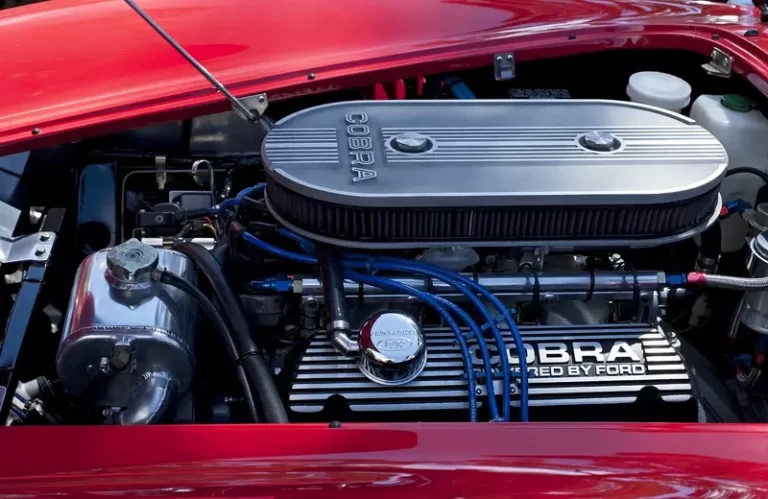
Without getting overly technical, we’d like you to know the major oil options for your car, as well as the differences in oil filters, and trust us, there are a lot of choices out there.
Generally, there are three types of motor oils for your passenger vehicle, conventional oil. Synthetic oil, and synthetic blend.
Conventional oil is where it all started and is refined from the same fossil fuel crude that pumps out of the ground in Texas this very day. It’s been the de facto standard since engines were invented and it’s a fine choice for your car. It’s cheap, does the job, and comes in a variety of “weights” to accommodate winter and summer needs.
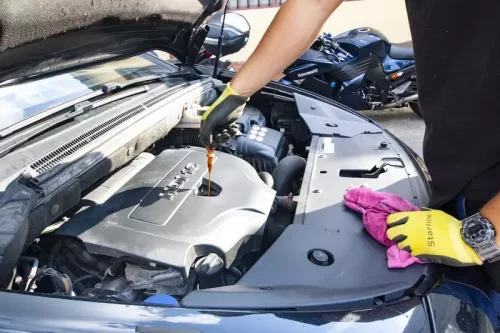 Synthetic oil is created in a lab, and manufactured in a factory. There is no fossil fuel in the product, it tends to last longer and offers more protection for your engine because it doesn’t “burn” like conventional oil. But full-synthetic oils are expensive and could add from $20 to $60 to the cost of an oil change depending on how much your car requires.
Synthetic oil is created in a lab, and manufactured in a factory. There is no fossil fuel in the product, it tends to last longer and offers more protection for your engine because it doesn’t “burn” like conventional oil. But full-synthetic oils are expensive and could add from $20 to $60 to the cost of an oil change depending on how much your car requires.
Synthetic-blend is exactly what it states on the label, a combination of synthetic and conventional oils, offering the benefits of the former, with the cost-savings of the latter. It’s akin to the mid-grade gas at some stations. But for all intent purposes is a poor compromise between the two.
An honorable mention is High-Mileage oils. These are specially formulated with additives that work on preserving engine seals, rings, and contact points with the goal of prolonging the life of your engine.
When you buy a new car, it will have premium conventional oil. This oil is designed to be the first leg of your vehicle’s journey and should be changed out as soon as the recommendations suggest. Fraser suggests you go directly to full-synthetic and use that exclusively for the life of your engine.
First, your engine will suffer less wear, deposits, oxidation, and potential overheating damage with synthetic than with conventional oil. The properties engineered into synthetics are designed to specifically address these issues with engine use. Yes, full-synthetic is more expensive, but you can push some synthetic brands to 10,000 miles or more before a change is needed.
Another contributing factor to the health and well-being of your engine is the oil filter you use. Again, a new engine comes with a premium standard filter because the start-up and break-in period of the engine can generate a larger-than-usual amount of particulate matter suspended in the used oil. When you change out your first oil filter on a Fraser Remanufactured Engine, consider the best you can get… for that premium synthetic oil you’re using.
Oil filters have the single purpose of absorbing contaminants like metallic engine-wear particles, oxidized oil, and even bacteria, and bugs, as the oil courses through the motor. Accordingly, oil filters are constructed with different types of “media” inside, designed to handle different types of oils and conditions.
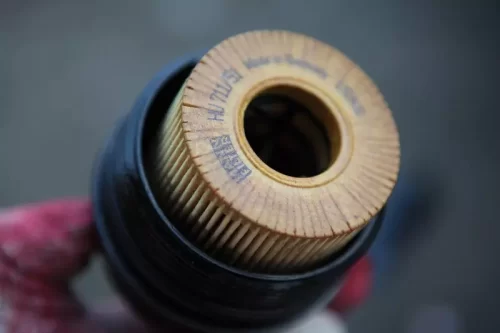 Traditional oil filters, often referred to as “disposable filters” use cellulose media, and can remove particles 8 to 10 microns in size from your oil, cleaning up to 40% of the oil, and maintaining reasonable efficiency for about 3,000 miles.
Traditional oil filters, often referred to as “disposable filters” use cellulose media, and can remove particles 8 to 10 microns in size from your oil, cleaning up to 40% of the oil, and maintaining reasonable efficiency for about 3,000 miles.
Synthetic oil filters are of higher quality, and like your synthetic oil, are composed of synthetic media that suspend particles up to 40 microns in size and generally perform optimally to 5,000 and even 7,000 miles.
Finally, come the Microglass oil filters. These are the high-end filters that can capture particulate matter up to ten times finer than traditional cellulose filters. They also offer greater oil flow, (or less flow restriction, depending on how you look at it.) And for the price, you won’t have to change a micro-glass filter for five years or 10,000 miles.
The last thing we want to share is the oil filter capacity. While this is a NON-STANDARD option, and not recommended by Fraser Engine Co., many automotive enthusiasts choose to install larger-than-recommended oil filters on their engines and add the accompanying amount of oil to fill the increased capacity. If you run your car hard, with lots of miles, long hours without cool-down, or just want to give it that extra TLC, this is a popular “upgrade” in protections, but we STRONGLY recommend you confer with a highly-regarded mechanic or shop to ensure you select the correct increased capacity oil filter for your vehicle and know the total amount of needed oil for a change.
We have one last tip for DIYers. If you change your own engine oil, you would do well with a “Fumoto” engine oil drain valve. There are several alternate brands of this gadget, but the basic premise is, rather than unscrewing the bolt in the bottom of your oil pan for every change, you install this valve once, and you can “flick” a lever and all the oil comes out, flick it back, and it’s tightly resealed until next time.

Amity Island Police Chief Brody’s 1975 Chevy Blazer The topless Blazer was cool as heck on a hot Summer beach! While the blockbuster movie JAWS

1977 Pontiac Trans Am ENGINE SPECS for the “Screaming Chicken” Car: 6.6 Liter, V8 water-cooled, cast-iron block and heads, 5 main bearings Displacement: 400 cubic-inches
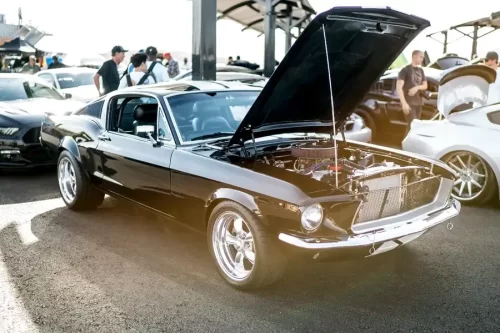
Issue 28 • Engine & Transmission Tips • Part 2 Which Should You Do? Replace Your Engine Or Your Entire Car? Welcome to Part 2
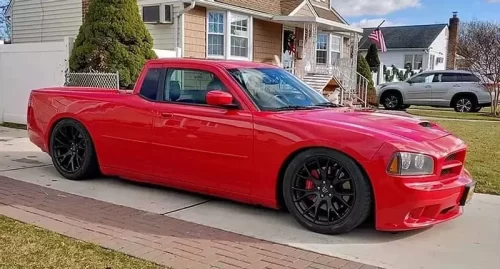
Part 1 – The Dodge Charger Pickup Conversion Kit cars are an affordable, totally unique, and great winter project! Project: Convert a 2005-2010 Dodge Charger
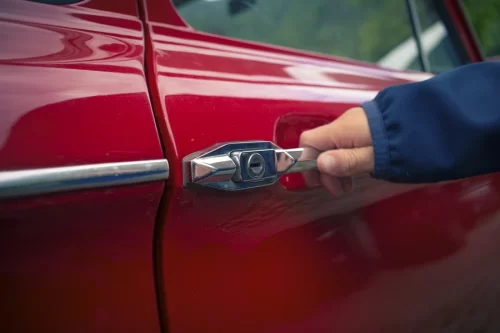
Issue 22 • Engine & Transmission Tips First, understand that DIY (Do It Yourself) solutions for repairing scratches or paint chips on your car will

88 Bad-Ass Custom Vehicles, Half of Which Were Destroyed This Award-Winning Film Took Action To A New Level with All Real Stunts Mad Max: Fury